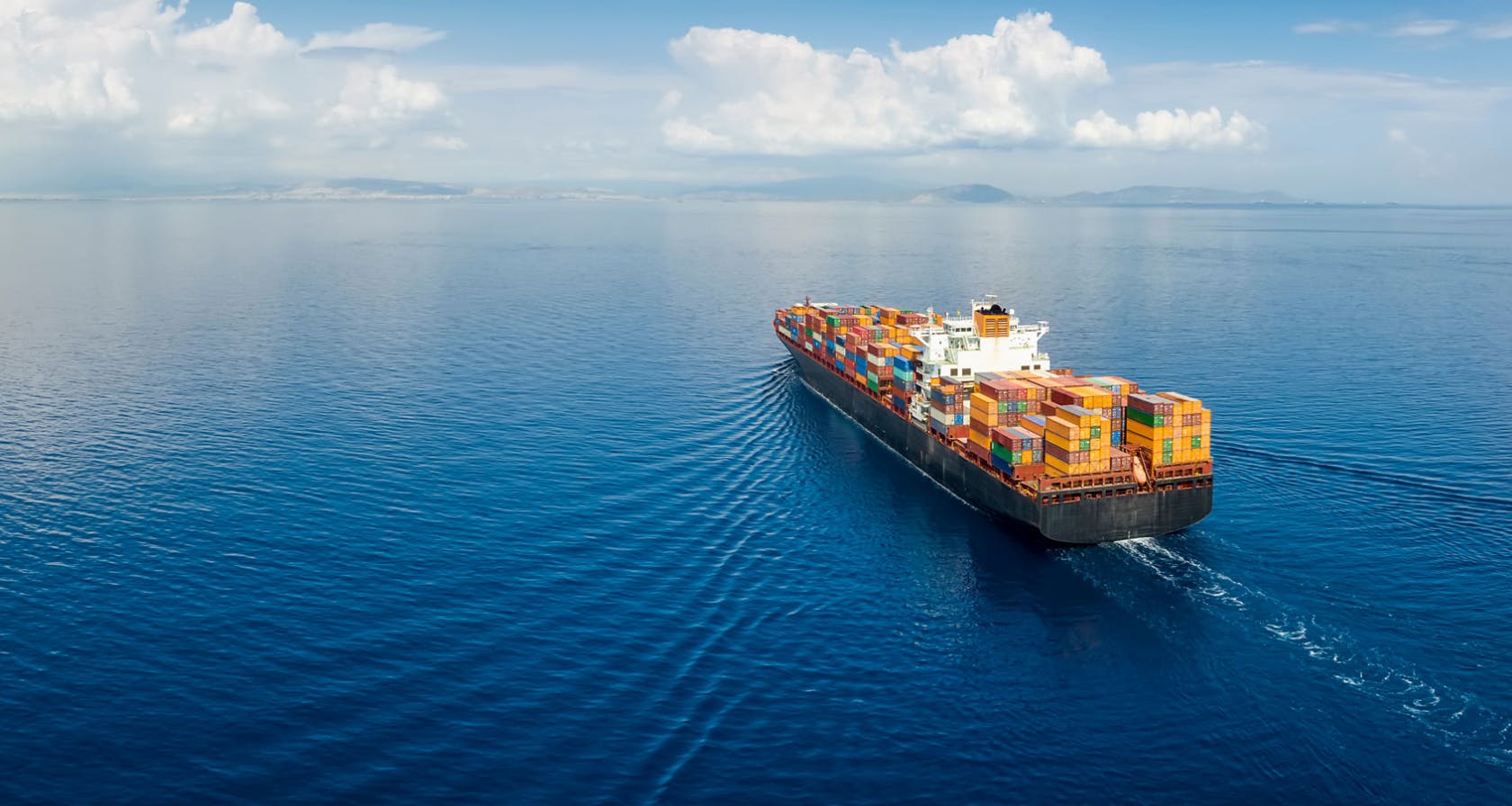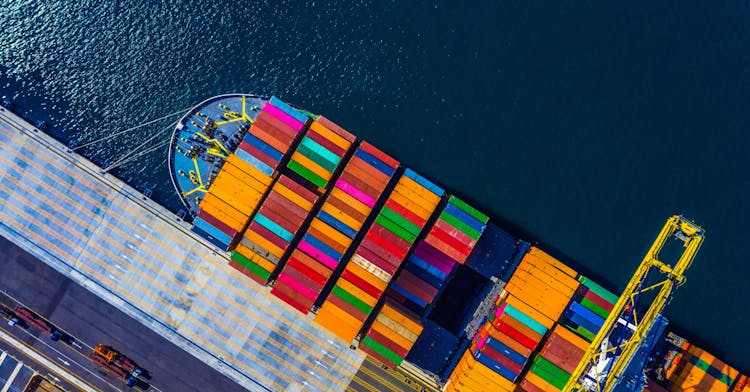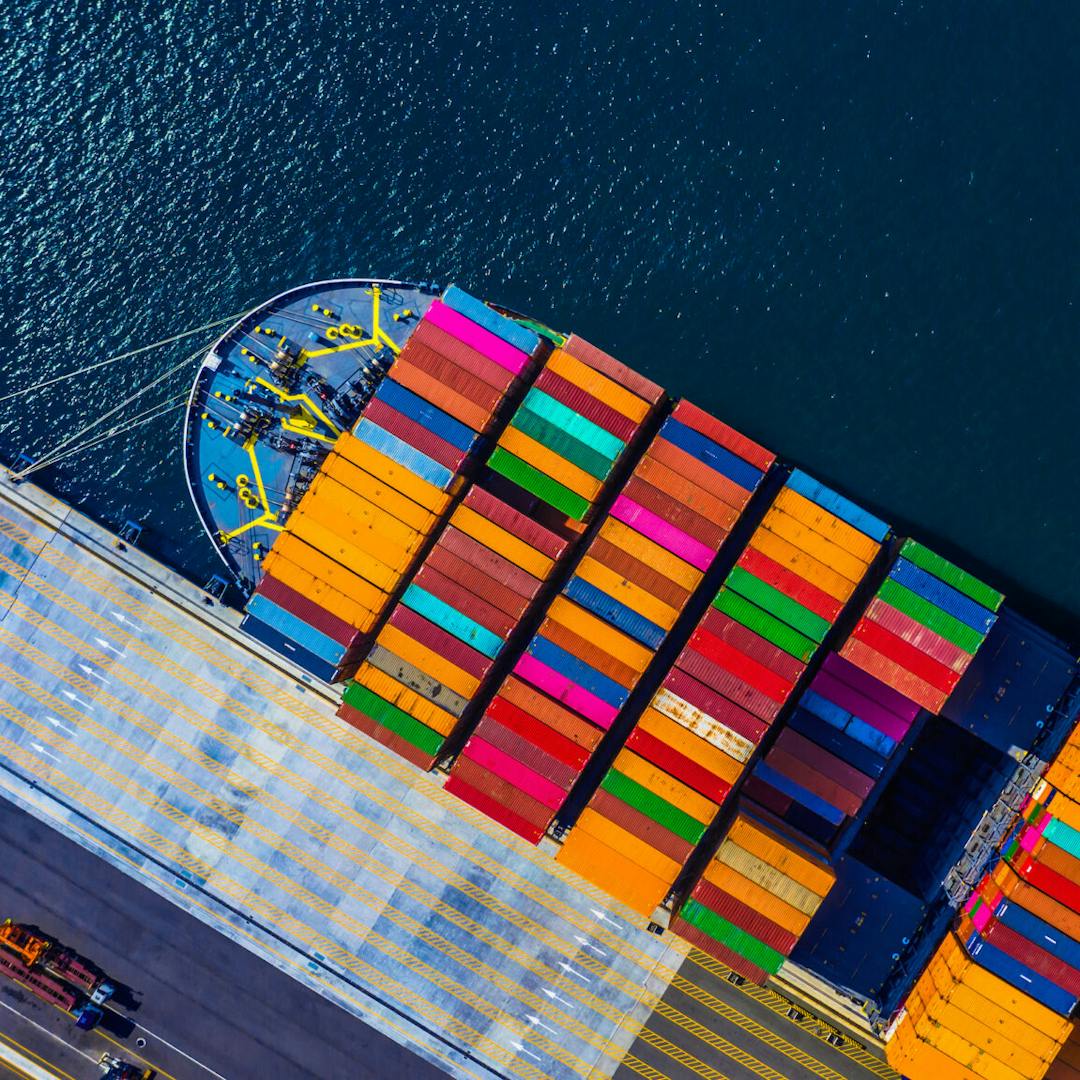On 20 July 2023, the digitalisation of global trade made a major leap forward when the Electronic Trade Documents Bill received royal assent in the UK. The change ensures that an electronic trade document, such as a Bill of Lading, has the same legal status as an equivalent paper document.

As the UK is the preferred legal jurisdiction for the majority of the Bills of Lading DCSA members issue, the royal assent paves the way for billions of dollars in savings for international trade, a better customer experience in shipping and more sustainable transport.
Why does container shipping still use paper documents?
Despite the size and sophistication of the trade and transport industry, many of its processes, and underlying laws, are based on practices developed hundreds of years ago. For example, simply handing over a paper bill of lading can be sufficient to give the new holder a right to the goods described in the bill. The legal rules governing these documents are premised on the idea that they are documents which can be physically held or “possessed”. The current law in England and Wales does not recognise the possibility of possessing electronic documents; possession is associated only with tangible assets. Industries using these documents are therefore prevented by law from moving to a fully paperless process. This is clearly archaic, inefficient, and wholly unsuited to a world in which processes and transactions are increasingly in digital form. Therefore, the UK Department for Digital, Culture, Media and Sport (DCMS) asked the Law Commission to make recommendations to solve the problems caused by the laws.Digitalising through an electronic bill of lading (eBL)
DCMS also asked the Law Commission to prepare draft legislation to implement those recommendations, with the objective to allow for trade documents in electronic form so that they can have the same legal treatment, effects and functionality as their paper counterparts. The royal assent of the Electronic Trade Documents (ETD) bill marks the finalisation of the DCMS initiative. DCSA is excited and proud to have been able to contribute to achieving this by providing input to DCMS and the Law Commission and providing evidence in Parliament.Overcoming barriers to eBL adoption
While the UK ETD Act is essential for digitising global trade, there are a number of remaining barriers preventing or delaying the uptake of the eBL across the globe. In some countries, eBLs are not accepted as a matter of law in case of commercial disputes. In yet other countries there are elaborate requirements to ensure an eBL can be valid, leading to a negative business case compared to paper. In most countries, however, the use of an eBL might be possible, but it is not explicitly mentioned in legislation. This leads to uncertainty and workaround solutions. Next to these legal issues, in a commercial environment, government bodies such as customs, tax and transport authorities, rely on the Bill of Lading and its contents for proof of compliance with a wide range of rules and regulations. Laws and procedures which prevent the use of the eBL can exist here too. Ultimately, every country in the world has issues in one way or another, although to varying degrees. However, the good news is that various countries, like France, Germany and the United States, are taking similar actions to the UK. Also, the UN is working tirelessly on driving the adoption of their Model Law on Electronic transferable records (MLETR) and other tools such as UN/CEFACT’s standards to enable digital trade.What legislation governs eBL use?
To achieve DCSA members’ goal of 100% eBL, the various legal and regulatory barriers must be identified and addressed. At the same time, clarity is needed on where eBLs can already be used and under what conditions. Where they can’t, supply chain participants need to know if legislation is coming to make it possible. To this end, DCSA is finalising a research initiative, together with Baker McKenzie, to analyse current and upcoming legislation, case law and government requirements. The report is intended as a guide for stakeholders, such as ocean carriers, their customers and banks, to determine in which countries, and under which conditions, an eBL can be used. The report can also be useful to legislators and governments to raise awareness of any remaining barriers within their own jurisdictions and rules and practices of their trading partners, and to identify potential actions which they could take to further digitisation. All the positive developments, and in particular the UK ETD act, are a clear sign that 100% eBL is becoming a reality. Nonetheless, even with all the solutions, tools and legislation supporting it, it remains up to the international trade community itself to make it happen. Therefore, DCSA and its members call upon all their customers and partners to also commit to going fully digital for more efficient and sustainable trade.To find out more about Digital Trade
- For a full overview of DCSA’s standards, including eBL, visit the DCSA standards page.
- DCSA’s member carriers commit to a fully standardised, electronic bill of lading by 2030
- DCSA’s ebook, Streamlining international trade by digitalising end-to-end documentation, provides more insight into paperless trade.
- You can also stay up to date with DCSA’s news and the industry’s progress towards digital trade by subscribing to our community.
- Learn about container shipping terms and their definitions.

Meet our team of experts changing the industry
In the face of promising growth in international container trade by 2050, the maritime industry confronts the significant challenge of supporting this expansion sustainably.




